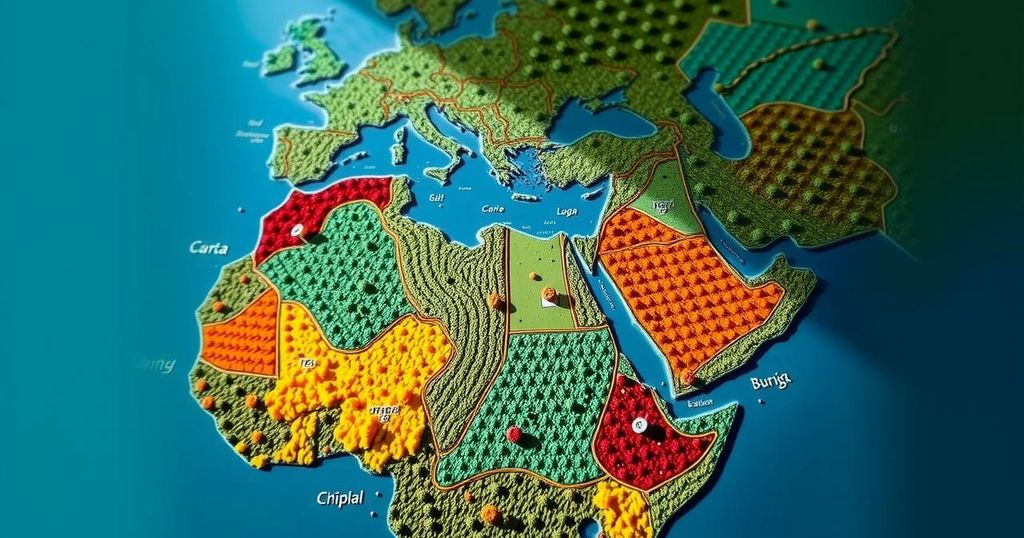Developing Nations Reject $300 Billion Climate Deal as Insufficient
Developing nations have strongly criticized a climate deal from COP29, calling the proposed $300 billion annual pledge from wealthy countries an insult. Attendees expressed that it fails to meet the demands of the climate crisis, and many nations reiterated the need for significantly increased financial support to combat worsening climatic events. The agreement has reignited discussions about financial responsibilities of more industrialized nations in addressing climate change impacts on vulnerable regions.
At the COP29 Climate Conference in Baku, a climate deal was struck, albeit one that has been met with widespread dissatisfaction from developing nations. The agreement to allocate $300 billion annually from wealthy historical polluters was branded as insufficient by many in the global south. India’s representative, Chandni Raina, labeled it as “a paltry sum”, expressing that it failed to address the magnitude of the climate crisis. Other countries echoed this sentiment, condemning the agreement as a sign of limited goodwill from developed nations toward those most affected by climate change.
Despite facing daunting challenges in negotiations, delegates from nearly 200 countries reached a finance pact after arduous discussions lasting two weeks. However, critiques were immediately voiced upon its announcement. Sierra Leone’s climate minister and Nigeria’s envoy denounced the agreement as lacking compassion towards the world’s poorer nations grappling with severe climate conditions.
The COP29 conference illuminated the ongoing tension and disparity between developed and developing nations regarding climate financing. The commitment to provide the pledged amount was portrayed by some, including U.S. President Joe Biden and EU’s climate envoy, as a historic foundation for future climate finance. However, critics argue that the figure falls short of necessary contributions and fails to include both newly wealthy emerging economies and a more ambitious push away from fossil fuels. More broadly, while the goal to limit global warming remains in focus, actual financial support required to address pressing climate issues continues to remain inadequate.
The climate agreement reached during COP29 in Baku has sparked significant backlash among developing nations, which assert that the promised $300 billion annually from developed countries is grossly insufficient. This sentiment reflects the longstanding grievances felt by poorer nations, who face severe impacts from climate change, yet struggle to secure adequate financial support. The backdrop of COP29 involved intense negotiations, emphasizing the divide between those responsible for historical emissions and those most affected by climate disasters. The insufficient pledges at this summit exemplify ongoing challenges in international climate negotiations and the urgent need for more robust climate action and support mechanisms for vulnerable countries.
The COP29 climate deal, while hailed as a historic step by some, has been overwhelmingly criticized by developing countries as inadequate and insulting. The $300 billion annual commitment falls short of what many believe is necessary to address the climate crisis effectively. As discussions continue around equitable contributions from developed nations and emerging economies, the overall response highlights systemic disparities in the global approach to climate finance, underscoring the need for more substantial and actionable commitments to combat climate change.
Original Source: jordantimes.com




Post Comment